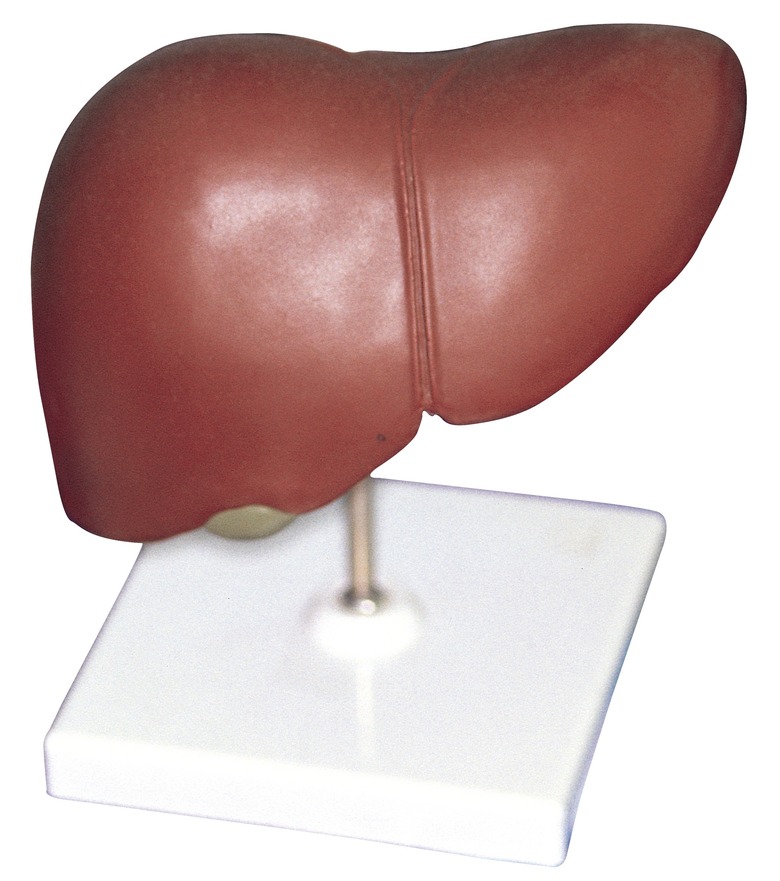The Difference Between Glycolysis And Gluconeogenesis
Glucose is a six-carbon sugar molecule that serves as the ultimate nutrient for all living cells in nature. That is, all foods that you take into your system become glucose somewhere along the way between the digestion process and when the molecules in those foods enter your cells.
Glycolysis and gluconeogenesis refer to the breakdown of glucose and the synthesis of new glucose respectively. Both are absolutely essential metabolic processes, as the amount of glucose your body consumes in a day is astronomical in molecular terms.
Though the two pathways are opposites in many respects, glycolysis and gluconeogenesis share similarities as well as differences.
Overview of Glycolysis
Overview of Glycolysis
Glycolysis, which includes 10 reactions in all, starts with the addition of a phosphate group to a glucose molecule. In a series of steps, another phosphate group is added while the molecule is rearranged into a derivative of the sugar fructose. Then, the six-carbon molecule is split into two identical three-carbon molecules.
In the second half of glycolysis, the two identical molecules undergo a series of rearrangements to become the three-carbon molecule pyruvate. Along the way, phosphates are removed from the molecules to create adenosine triphosphate (ATP), which all cells require for energy. Each glucose molecule results in two pyruvate molecules and two ATP.
- **Note:** The difference between glycolysis and glycogenesis, a similar-sounding word you may run across, is that glycogenesis is the synthesis of glycogen, a long chain of glucose molecules, from glucose.
Overview of Gluconeogenesis
Overview of Gluconeogenesis
Gluconeogenesis has multiple starting points, including the pyruvate cousin lactate. However, the first committed step of the process is the conversion of pyruvate to phosphoenolpyruvic acid, or PEP. This molecule is also an intermediate in glycolysis, when things are proceeding in the opposite direction.
In fact, gluconeogenesis is mostly glycolysis run in reverse.
There are three enzymes used in gluconeogenesis that are not used in glycolysis to move the series of reactions as a whole in the opposite direction. The first such reaction has been mentioned, the conversion of pyruvate to PEP. The second is the removal of one phosphate group from a fructose derivative, and the third is the removal of a second phosphate group from glucose-6-phosphate to leave glucose.
The pyruvate entering gluconeogenesis can come from a variety of sources. One of these is the carbon-heavy portion of certain amino acids found in proteins, and another is from the oxidation of fatty acids. This is why foods consisting only or heavily of proteins and fats can serve as fuel sources along with carbohydrates.
Similarities Between Glycolysis and Gluconeogenesis
Similarities Between Glycolysis and Gluconeogenesis
Glucose is of course a common feature of both glycolysis and gluconeogenesis. In the first pathway, it is the reactant, or starting point, while in the latter it is the product, or end point. In addition, glycolysis and gluconeogenesis both occur in the cytoplasm of cells. Both make use of ATP and water.
The two pathways also have a number of other molecules in common. For example, pyruvate is the main "entry point" of gluconeogenesis, whereas in glycolysis it is the primary product. The fact that these pathways have multiple steps makes it easier for the body to control their overall rates, which tend to shift greatly throughout the day owing to different patterns of eating and exercise.
Differences Between Glycolysis and Gluconeogenesis
Differences Between Glycolysis and Gluconeogenesis
The main difference between glycolysis and gluconeogenesis is in their basic function: one depletes existing glucose, while other replenishes it from both organic (carbon-containing) and inorganic (carbon-free) molecules. This makes glycolysis a catabolic process of metabolism, while gluconeogenesis is anabolic.
Also on the glycolysis vs. gluconeogenesis front, while glycolysis occurs in the cytoplasm of all cells, gluconeogenesis is confined mainly to the liver.
Cite This Article
MLA
Beck, Kevin. "The Difference Between Glycolysis And Gluconeogenesis" sciencing.com, https://www.sciencing.com/difference-between-glycolysis-gluconeogenesis-8711255/. 4 June 2019.
APA
Beck, Kevin. (2019, June 4). The Difference Between Glycolysis And Gluconeogenesis. sciencing.com. Retrieved from https://www.sciencing.com/difference-between-glycolysis-gluconeogenesis-8711255/
Chicago
Beck, Kevin. The Difference Between Glycolysis And Gluconeogenesis last modified March 24, 2022. https://www.sciencing.com/difference-between-glycolysis-gluconeogenesis-8711255/
